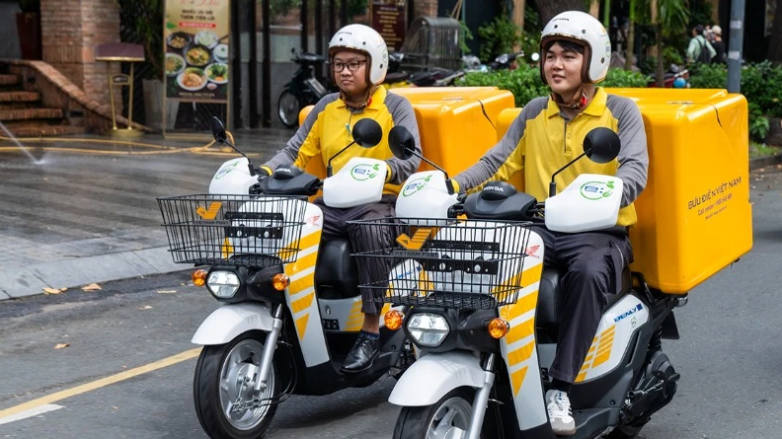 |
| Vietnam Post pioneers in deploying solutions for transporting goods by electric vehicles |
Pioneering logistics enterprise "greening"
As one of the leading enterprises in the Vietnamese logistics industry, in recent years, Vietnam Post Corporation has implemented many solutions to "green" freight transport activities.
Specifically, Vietnam Post has implemented the Postgreen Project since 2019 to build a green postal environment. From the smallest actions such as staff not using nylon, disposable plastic items and tools in the office area, the mining floor, on the means of transport...
In addition, launching the "green office" movement to design open post offices to create a friendly environment between customers and tellers, encouraging customers to change the habit of wrapping goods in plastic bags to using standard cardboard boxes to ensure both safety for goods and environmental protection.
In particular, stemming from the desire to be "green" in every operation, in 2021, Vietnam Post was the first postal enterprise in Vietnam, collaborating with Honda Vietnam to put electric motorbikes into use in delivery activities.
Efforts in innovation, improvement, enhancement of service quality, promotion of digitalization, and "greening" of postal activities have helped Vietnam Post play a key role in upgrading Vietnam's Postal Development Index from level 5 to level 6, placing Vietnam in the group of countries with a good postal development index.
Vietnam Post is one of the pioneering enterprises in applying green logistics solutions in production and business activities. Mr. Dao Trong Khoa, Chairman of the Vietnam Logistics Services Association (VLA), said that climate change is one of the biggest global challenges in the 21st century. In particular, the logistics industry alone is contributing significantly to carbon emissions - CO2, estimated at 7-8%. This is the reason why awareness of green logistics in the Vietnamese business community has made significant progress.
“Many enterprises belonging to the Vietnam Logistics Business Association (VLA) have proactively implemented environmentally friendly solutions such as using low-emission means of transport, applying digital technology to optimize routes, reduce fuel consumption and improve operational efficiency. Some seaports of VLA member enterprises have achieved “Green” certification from international organizations. Meanwhile, some other enterprises have begun to conduct carbon emission inventories and participate in the carbon credit market. However, the application of green logistics in reality is still on a small scale, not widely popular, and Vietnam is still in the early stages of this transition process,” Mr. Dao Trong Khoa shared.
However, besides the businesses that have quickly made the green transition, there are currently many businesses that have not paid attention to this issue. According to the Ministry of Industry and Trade, the number of logistics businesses that have made this green transition is still very limited among the more than 34,000 logistics businesses nationwide.
A survey conducted by the Vietnam Logistics Research and Development Institute (VLI) from August 2023 to July 2024 revealed some worrying realities. Despite increasing awareness of green logistics, most businesses have yet to proactively implement environmental commitments.
Specifically, 12.5% of businesses have yet to implement any green policies or production processes, while 87.5% have and are planning to move towards sustainable solutions.
However, most of them have not clearly defined a specific timeline for implementing their commitments. Notably, up to 65.63% of logistics service providers have not applied measures to minimize environmental impacts, while only 34.37% have or are planning to implement green solutions.
Meanwhile, Vietnam’s logistics currently still depends heavily on roads and develops unevenly among modes of transport. 75% of goods are still transported by road, while 12% are transported by sea and only 2% are transported by rail. Notably, up to 95% of means of transport in Vietnam still depend heavily on fossil fuels.
In addition, e-commerce is also growing strongly in Vietnam. Logistics plays a key role in the e-commerce supply chain, but freight transport is also a significant source of greenhouse gas emissions and environmental pollution.
Not to mention, in the online retail sector, there are two steps that have a negative impact on the environment: delivery and packaging. Every product delivered from an online store has its own packaging, usually cardboard boxes, plastic packaging, foam boxes, and disposable plastic items.
Every day, thousands of trucks, cars, motorbikes… deliver orders to customers and collect unclaimed orders… creating huge carbon emissions. These impacts are even higher in the case of express delivery.
Suggesting solutions for businesses
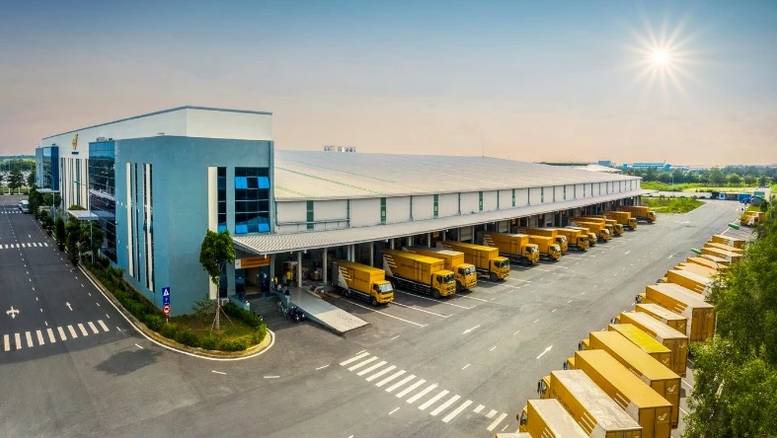 |
| Green transition is an urgent requirement to contribute to achieving the goals at COP26 |
In the current context, developing green logistics and reducing emissions is becoming an important component of any supply chain in the context of geopolitical instability and increasing demands for "greening" to reduce emissions from countries around the world, including Vietnam, when implementing the commitment to achieve net zero emissions by 2050.
Despite bringing many practical benefits, the transition to green logistics is still a challenge for businesses, especially small and medium enterprises.
The first is the challenge in the human factor, reflected in awareness and responsiveness in green transformation of logistics services. In addition, the transport infrastructure in Vietnam is still not complete, especially in remote areas. Cost is also a factor that businesses are concerned about…
Suggesting solutions for green transformation of the logistics industry, Mr. Pham Thien An, Director of Vinacontrol Inspection Company, said that currently, the State has many mechanisms and policies to support businesses, in addition, there is also a market for carbon credit exchange. This can be an effective financial tool for businesses in green transformation.
Therefore, businesses need to develop a greenhouse gas reduction strategy with a specific, precise and clear strategy to achieve the goal of reducing carbon emissions most effectively and quickly.
Accordingly, businesses need to invest in green transportation technology such as research and investment in electric vehicles, hybrid trucks and fuel-saving technologies. At the same time, businesses need to transform intermodality in developing intermodal transportation systems between road, sea and rail; apply digital supply chain solutions through investment in digital platforms to optimize transportation routes.
In addition, it is necessary to encourage the use of sustainable fuels (biofuels); strengthen international cooperation and participate in or build carbon offset projects.
To support logistics service enterprises in improving their competitiveness, in October 2025, Vietnam will host the World Congress of the International Federation of Freight Forwarders Associations (FIATA World Congress 2025) - an important event gathering the world's leading logistics experts and enterprises.
With the theme "Green and Resilient Logistics", the event not only demonstrates Vietnam's strong commitment to sustainable development but also opens up opportunities to access new trends, learn from international experiences and promote cooperation in the industry.
This will be a forum connecting domestic and international experts and businesses, creating momentum to promote the greening of logistics, contributing to improving competitiveness and moving towards a sustainable economy.
Source: https://huengaynay.vn/kinh-te/xanh-hoa-hoat-dong-dich-vu-logistics-150850.html








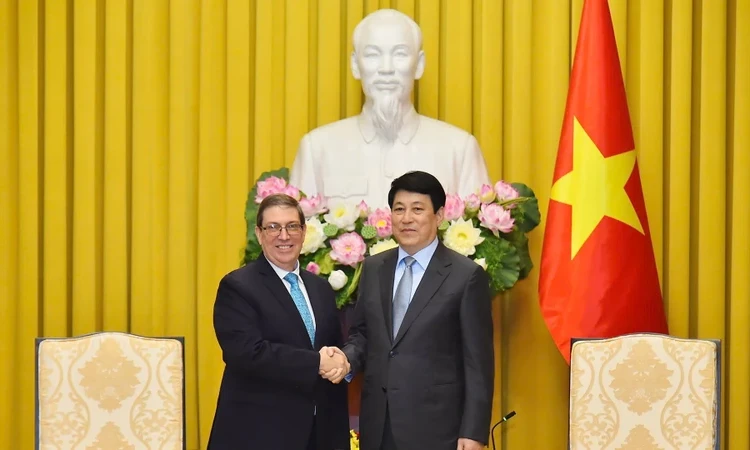
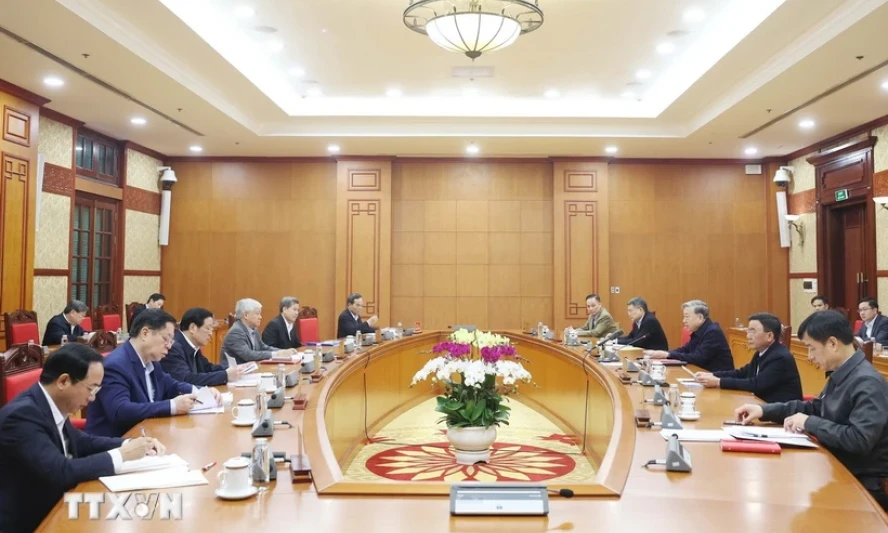

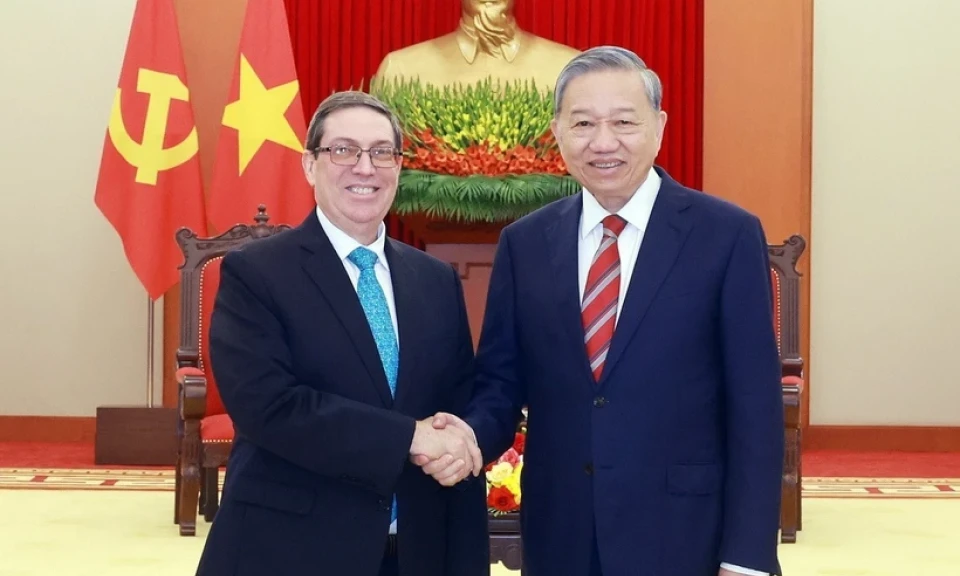
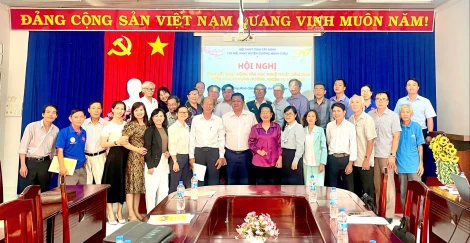
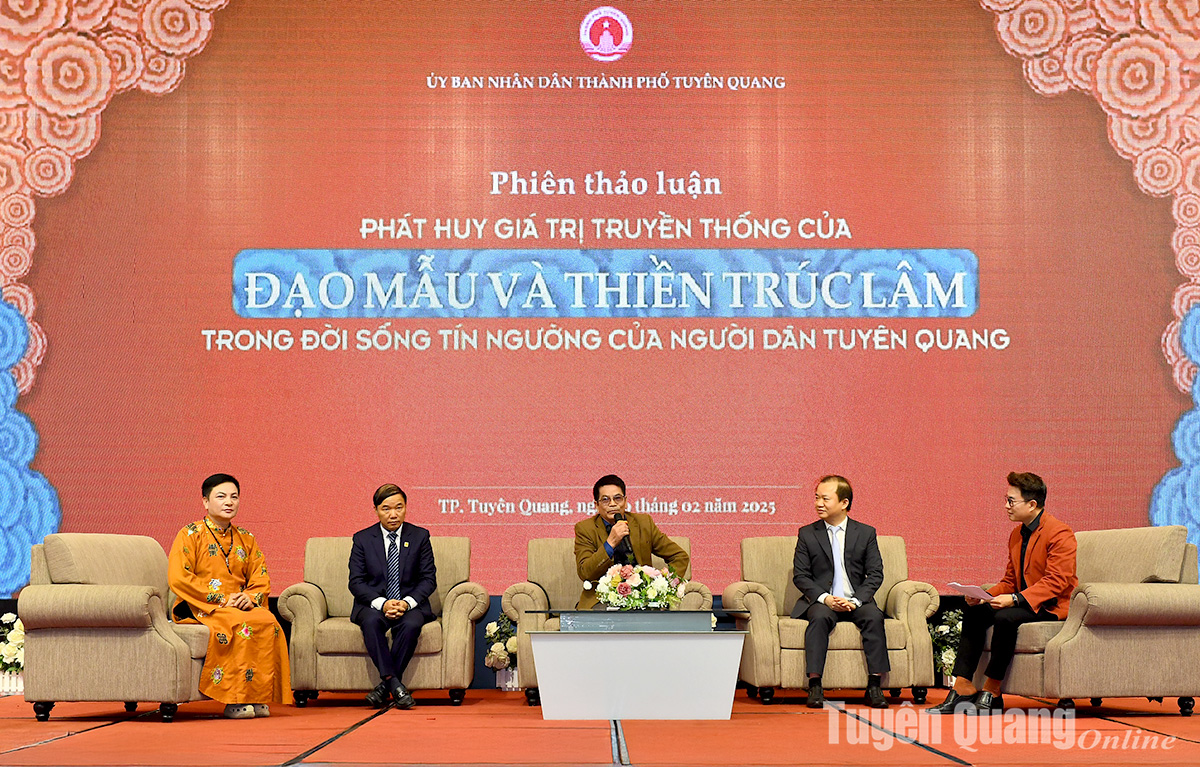

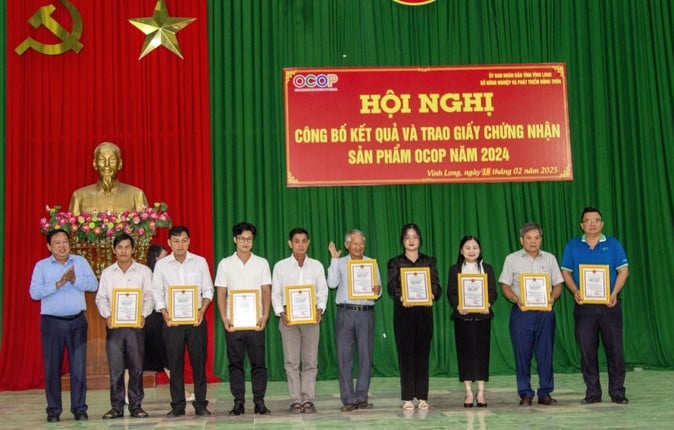

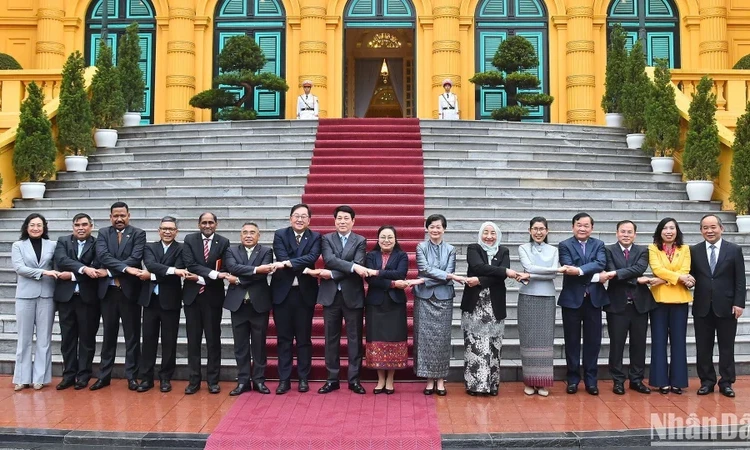









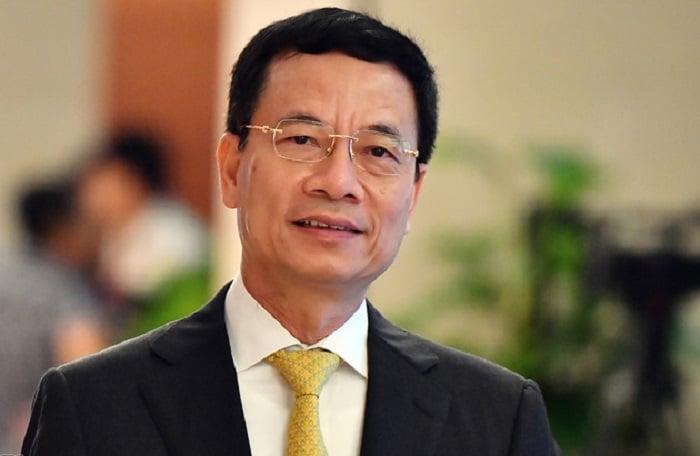





Comment (0)